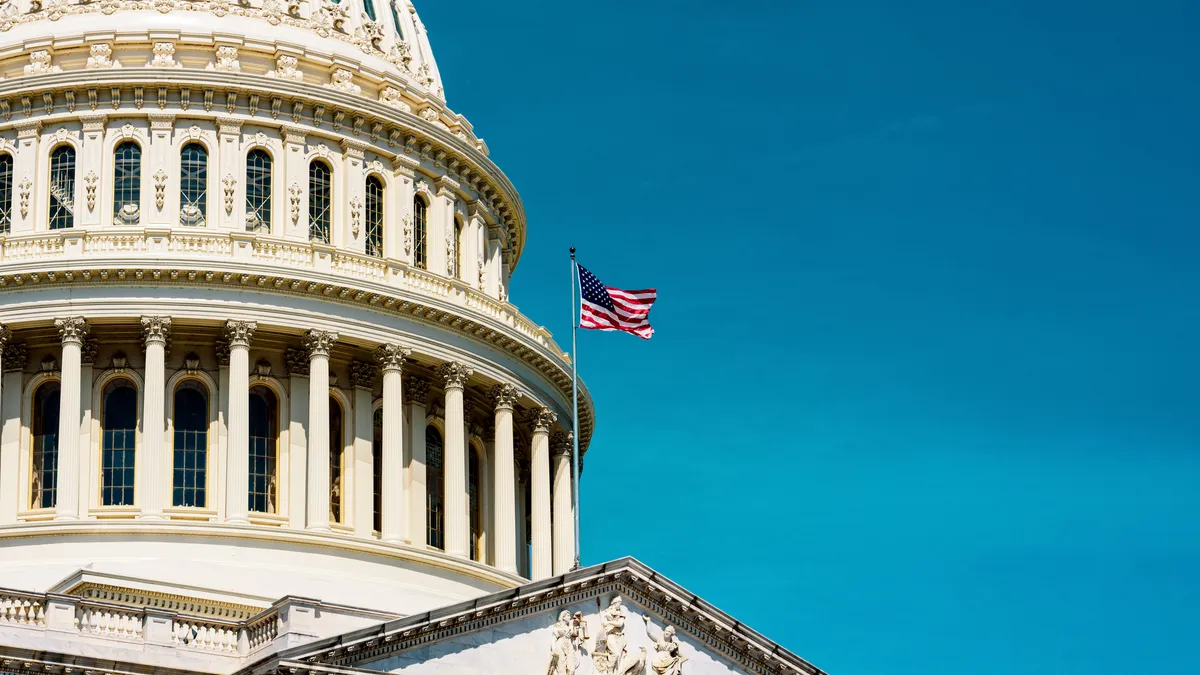Dive Brief:
- The U.S. House of Representatives’ Office of Diversity and Inclusion closed this week due to a bill passed earlier this month. Sesha Joi Moon, the director of the former D&I office, will transition out of her role later this year.
- ODI was formed in March 2020, during the 116th Congress, to “create and cultivate a congressional workforce that is reflective of the American people,” according to a statement the office posted on LinkedIn.
- “Unfortunately, the politicization of Diversity, Equity, and Inclusion (DEI) initiatives has led to those resources being stripped away from Capitol Hill staff despite their impact,” the Congressional Asian Pacific American Staff Association, the Congressional Black Associates, the Congressional Hispanic Staff Association and the Senate Black Legislative Staff Caucus said in a joint statement.
Dive Insight:
Eradicating these efforts could “reduce opportunities for staffers of color,” the Black, Hispanic and Asian Pacific affinity groups said. It could erect “further barriers to representation in a body that already does not adequately reflect the diversity of the country it represents,” they said.
Beyond Capitol Hill, DEI has experienced a backslide in corporate America.
Some identity-based protections, such as those for pregnant workers, have taken effect in the past year, but Americans also bore witness to the Supreme Court of the United States rolling back race-conscious admissions policies last summer.
While SCOTUS’ ruling dealt with higher education, it could have a “chilling effect” on corporate DEI, Joelle Emerson, co-founder and CEO of DEI firm Paradigm and former civil rights attorney, said at the time. Lawmakers and civil rights advocates had reacted similarly to Texas Gov. Greg Abbott’s ban on DEI practices at state agencies in February 2023.
Moreover, it appears the employer-side social tides have shifted since the outpouring of support for anti-racism training in 2020. At the top of last year, 1 in 10 employers told Monster that DEI is the “first to go” when making budget cuts.
A Pew Research Center report published in May 2023 also highlighted a few critical phenomena. Surveying more than 5,900 workers, Pew revealed that 61% of people on average work somewhere with fairness policies — those regarding hiring, pay or promotions — and more than half have DEI trainings or meetings at work. But only 1 in 3 workers could say their workplace has a staff member to promote DEI. A smaller number said their company has salary transparency and only 26% said their job offers affinity or employee resource groups.
But DEI still remains important to workers: 53% of workers say DEI initiatives factors into their job search, per Eagle Hill Consulting data gathered last July.












